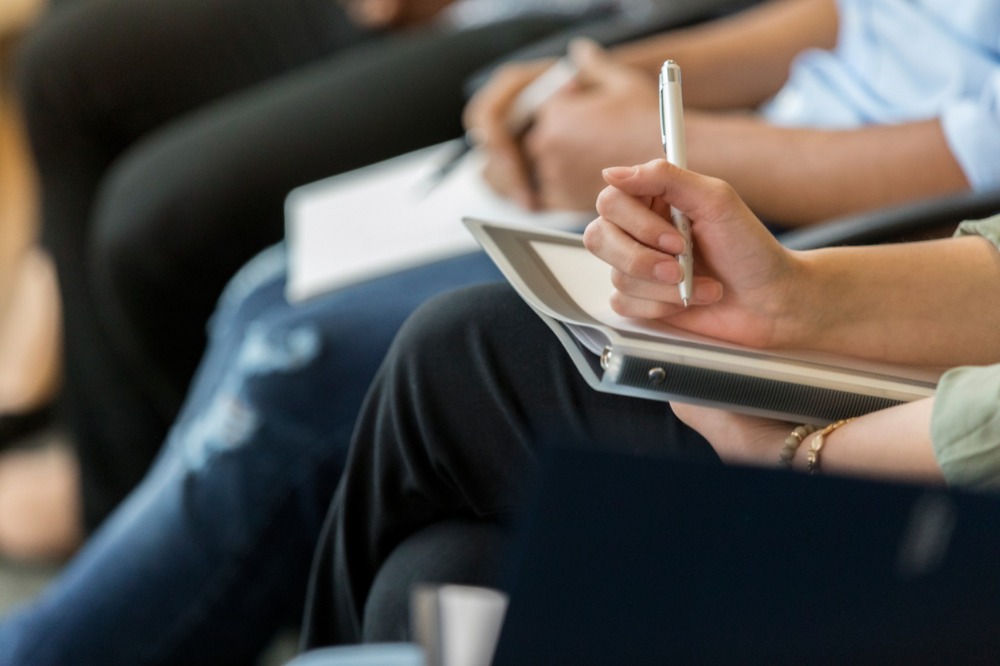
A new skills-based intervention initiative aims to reduce the stigma and encouraging adolescents to seek professional help for mental health issues.
The program was developed by Monash University researchers, in collaboration with national addiction treatment centre Turning Point and Melbourne-based public health service provider Eastern Health.
Considered a world-first, ‘MAKINGtheLINK’ explores the barriers to seeking help and recognising symptoms, as well as the preference on self-reliance when it comes to psychological stress among Australian youth.
It also teaches students how to overcome these barriers and be supportive of their peers.
The researchers surveyed about 2,500 students across 21 Victorian secondary schools.
Following 12 months of implementation, the program has seen a rise in adolescents seeking professional guidance for mental health and substance use problems instead of relying on their peers. There was also a decrease on stigmatising behaviour.
The survey comes after a separate study revealed that fewer than one in four 16 to 24-year-olds with a current mental health issue choose to access health services.
The research also found that young people tend to keep their problems to themselves or turn to their peers rather than seek professional help.
“Impending youth mental health crisis”
Recent modelling also suggests that the COVID-19 pandemic will bring about a sharp increase in suicides among young people, raising concerns about an impending youth mental health crisis.
Professor Dan Lubman, Monash Addiction Research Centre (MARC) and Turning Point Director and one of the program’s leaders, said the findings highlighted the importance of addressing “low rates of formal help-seeking among adolescents.”
“Equipping adolescents with the knowledge and skills to support themselves and their peers is crucial given mental illness is so widespread, and even more so now because of the COVID-19 global health crisis,” he said.
“Even in a post COVID-19 world, it is not yet known what the implications will be to the mental health of adolescents and looking out for each other will be vital.”
Professor Lubman added that the program can make a “meaningful contribution” to existing intervention and prevention efforts by “improving the mental health literacy and confidence” of the youth to hurdle obstacles in seeking professional help.
“It is important that young people who are experiencing mental health problems seek prompt help from health professionals to prevent the long-term negative outcomes of mental illness,” he said.
Professor Lubman also stressed “the value of providing skills-based wellbeing programs to young people within the school setting.”
“Implementing MAKINGtheLINK in secondary schools across the nation provides an opportunity to respond to the breadth of adolescent mental health issues and youth suicide in our community, by providing an evidence-based intervention that equips young people with the skills and confidence to seek out timely, quality help,” he said.
The trials were funded by a grant from the National Health and Medical Research Council.


